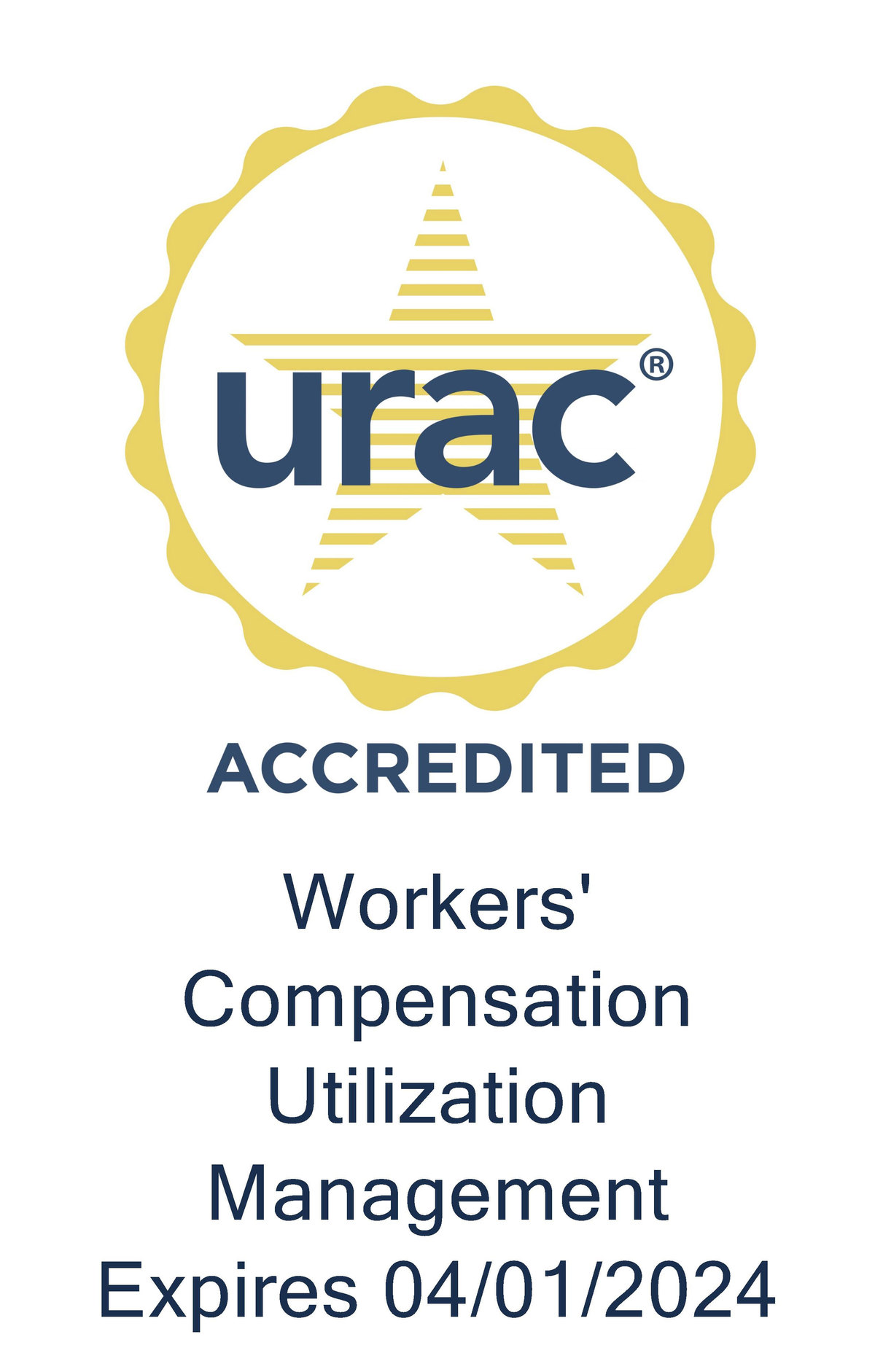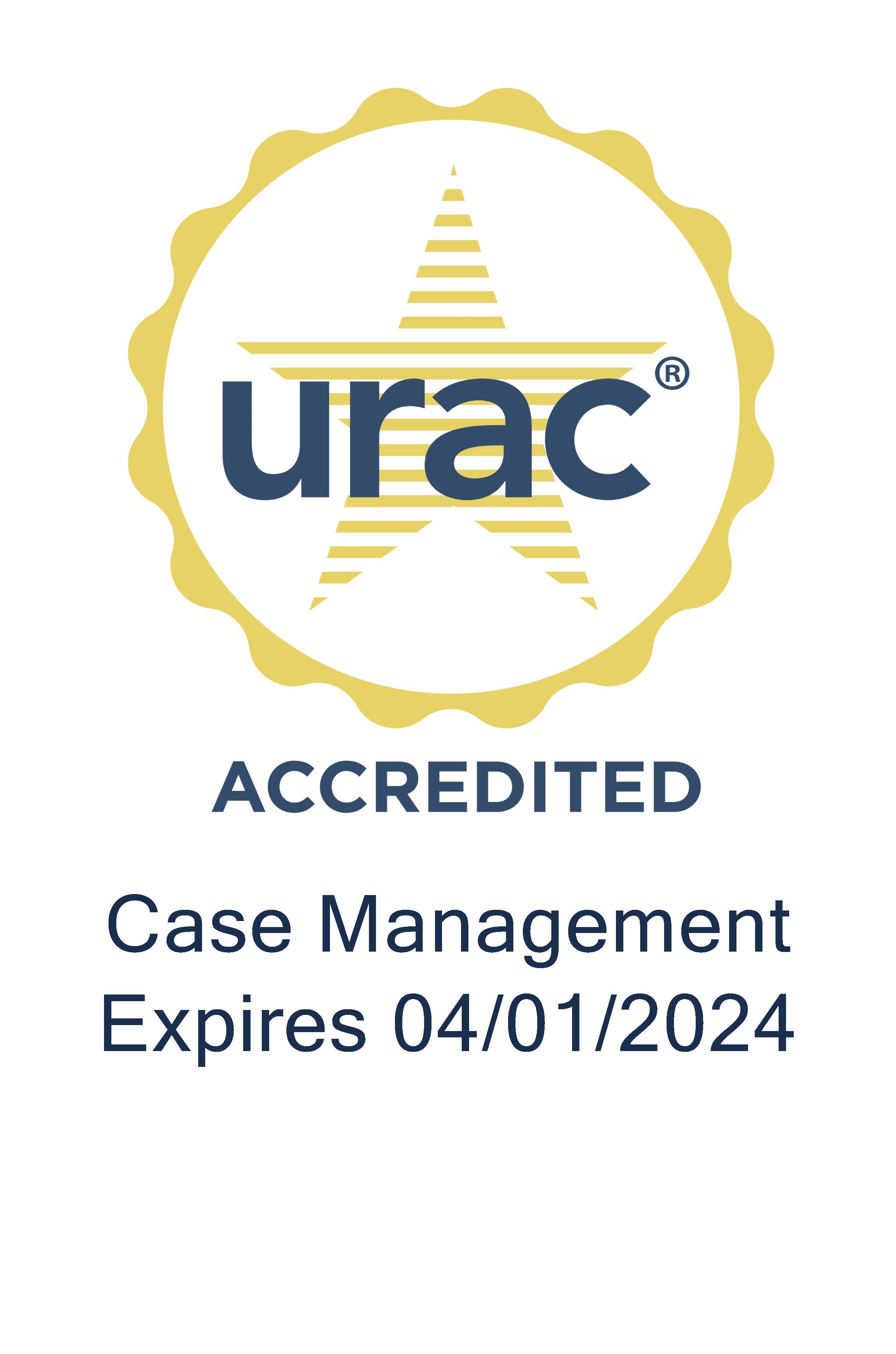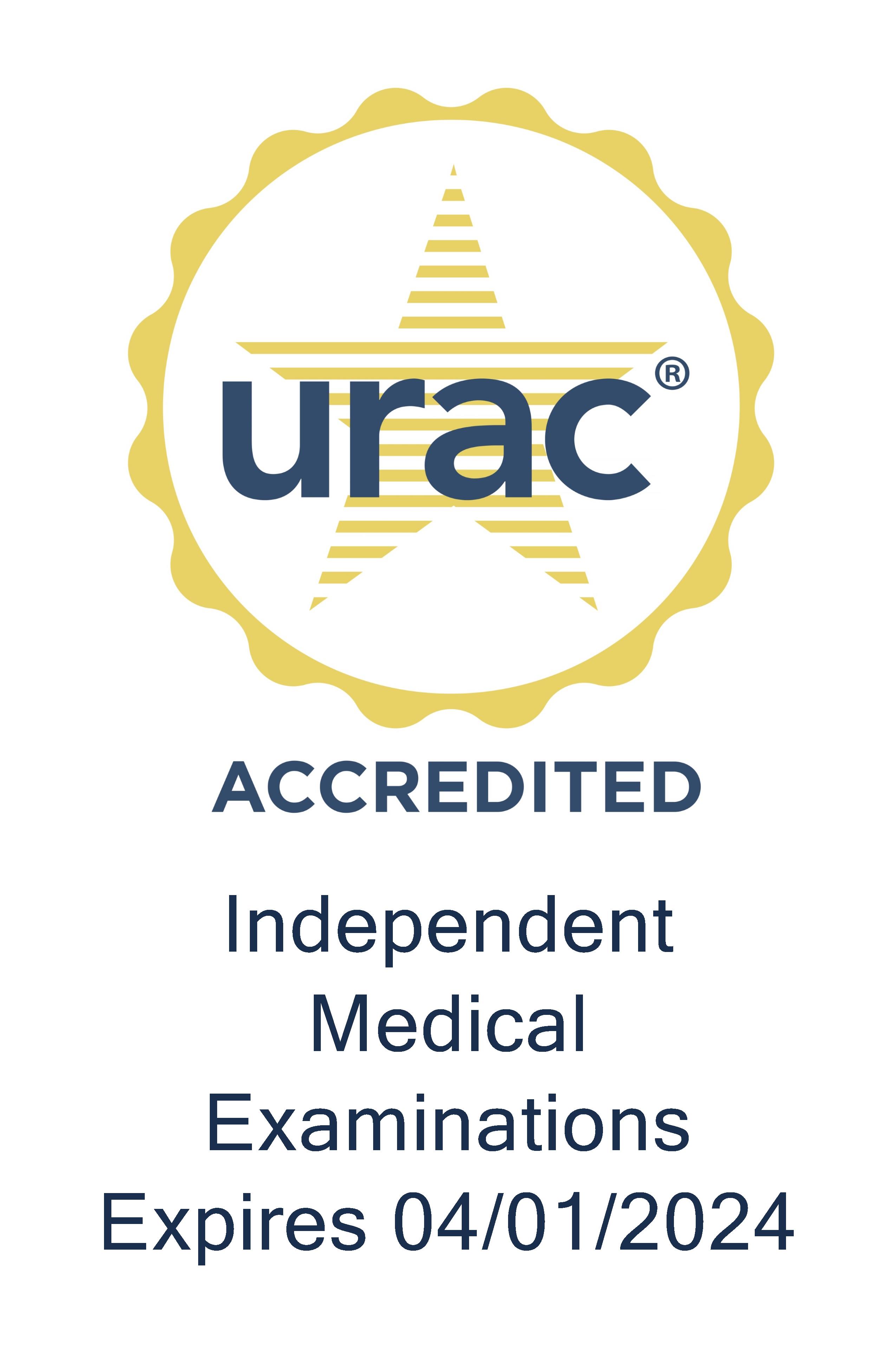
Getting injured employees back to work is the top priority for adjusters and case managers. When working together, you and Genex’s nurse case managers are a dynamic team focused on what is best for the injured worker and your organization.
A large claims analysis shows that more than half of injured workers referred to nurse case management are back to work within three months, which is significantly higher than those who did not receive case management. Delays in case management intervention quickly lengthen RTW.
Adjusters + Case Managers = Back to Work!
All Genex Services case managers are experienced and credentialed, who are committed to the health and well-being of the injured worker and partnering with you to meet employer and carrier RTW guidelines. Here’s what you should expect of the case managers working with your organization.
Genex’s nurse case managers will:
- Assess the medical aspects of the illness, injury or trauma that gave rise to the claim
- Communicate with treating physicians and arrange for referrals to specialists as needed
- Ensure that physicians keep employers, workers’ compensation insurers and third-party administrators apprised of recommendations, including returning to work and any restrictions on employment
- Evaluate and monitor progress and make adjustments as necessary
- Compare the treatment plan to industry and Genex proprietary evidence-based guidelines
There are multiple physicians involved in one claimClaims should be evaluated for case management intervention when:
- The claimant has a history of previous injuries
- Guidelines for RTW are nearing and there is no indication of the worker returning to his/her job
- Treatment exceeds and/or falls outside of evidence-based guidelines
- If injury involves a major joint that limits movement and/or functional ability
How can you get even more from your interactions with Genex case managers?
- Be ready to participate in a Plan of Action Call with the case manager at the time of referral, which will include: phone conference between the case manager and the adjuster to go over the injury, goals, concerns, employment options; whether or not the injury is compensable, noncompensable or under review; and any other particulars of the case so adjuster and case manager are on the same page.
- Let the case manager know preference of communication such as phone, email and frequency and work to keep the lines of communication open.
- Give the case manager all medical records at the time of the referral.
- Remember, early referral on a lost-time claim helps not only the recovery process but helps to build trust with the injured worker.
- Provide a job description on day one and allow the case manager to have contact with the employer so RTW options are provided to the physician early in the recovery process.






